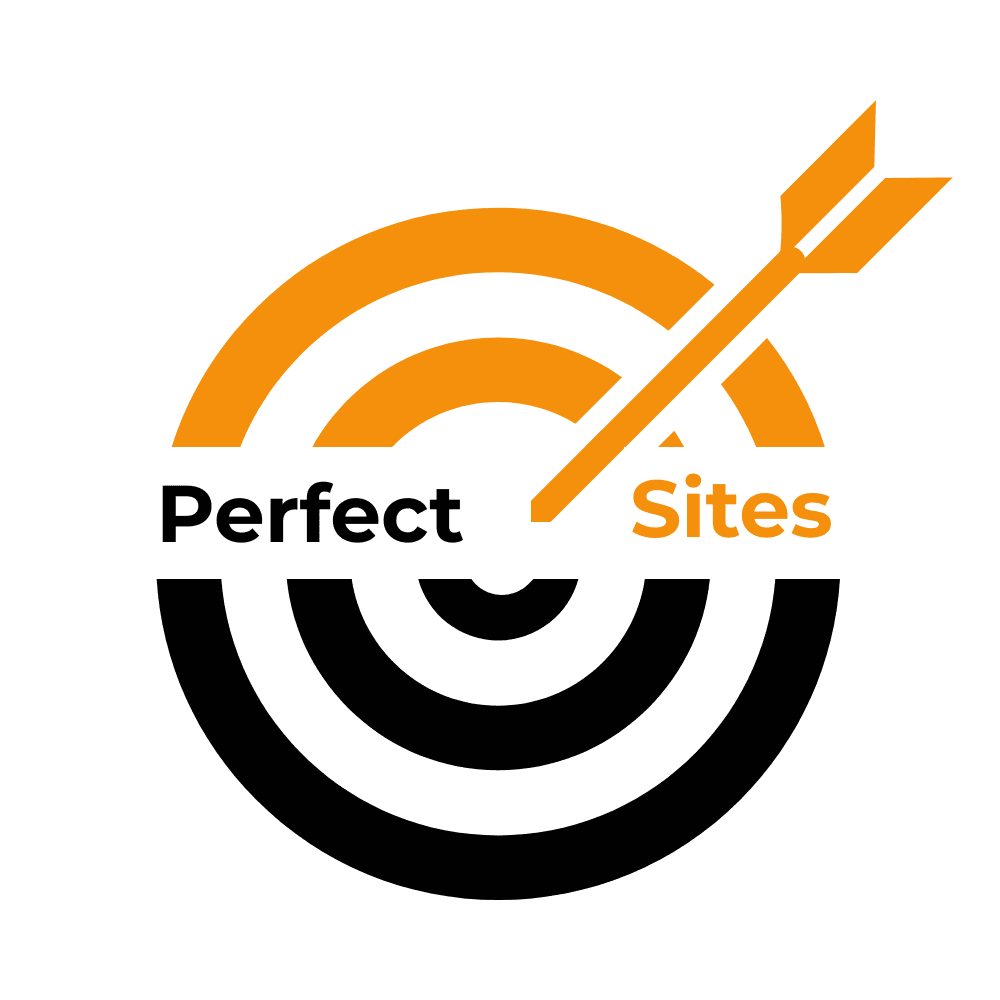You’ve got a business, a Facebook account, and a few hundred friends who already like your posts about your dog, your dinner, and that one vacation you took in 2019. So why not just post your business updates there too, right? Seems efficient. But you know what else seems efficient? Using duct tape to fix a leaky pipe; it holds for a minute, then floods your kitchen. Same idea here.
Let’s walk through why mixing business with personal on Facebook is a bad idea, even if it feels easier in the moment.
Facebook’s rules aren’t just suggestions.
First things first. Facebook has very clear rules about how you’re supposed to use your personal profile. It’s for actual people, not businesses, and definitely not for selling your handmade candles or hyping your new consulting gig. According to Facebook, “Profiles are for individual use only and must represent a real person.” If you use your personal account primarily for business, they can limit your access or shut you down entirely; no warning, no appeal, just gone.
Here’s the official line.
Instead, Facebook built Business Pages for exactly this reason. They come with tools designed for, well, business. Think analytics, ad campaigns, customer messaging, and a whole dashboard full of things that help you grow—not just post.
You’re flying blind without the right tools.
Here’s the thing: Facebook doesn’t treat personal profiles and Business Pages the same way, not even close. Business Pages get access to tools like Facebook Ads Manager, engagement analytics, CTA buttons, and the full Meta Business Suite. That means you can see what’s working, tweak what’s not, and actually measure success. On a personal profile? You’re guessing.
Also, you can’t run targeted ads from your personal account. So if you want to reach, say, women in their 30s who live in Austin and love kombucha and Pilates, you’re out of luck. You’ll be stuck posting and hoping someone bites.
Your brand deserves better than a backyard barbecue vibe.
Let’s talk image. When you post business content on your personal profile, you’re not just blending audiences; you’re blending identities. One post is about your new product launch, the next is a meme about your coffee addiction. It’s confusing. Worse, it’s unprofessional.
A Business Page gives you a clean slate. You control the tone, the visuals, the message. You can be playful, polished, or provocative, but you’re doing it intentionally—not sandwiched between a cousin’s birthday shoutout and a political rant from high school.
In a digital world where people judge brands in seconds, clarity matters.
Growth needs room, and personal profiles hit a wall.
Here’s a number worth remembering: 5,000. That’s the friend limit on personal profiles. Once you hit it, that’s it; no more connections, no more growth. Business Pages, on the other hand, can have unlimited followers. That’s not just a technical difference; it changes how far your message can go.
And if you’re thinking about partnerships, influencer work, or integrating with tools like Shopify or Mailchimp, you’ll need a Business Page. Most platforms won’t even talk to a personal profile. You’re basically showing up to a business meeting in flip-flops.
Also, Business Pages let you add admins. So when you’re ready to hand off social media to someone else, or just want a backup, it’s easy.
Need proof? Here’s Facebook’s breakdown.
You’re invisible to Google, and that’s not great.
This one’s sneaky but important. Business Pages are indexed by search engines; that means your page can show up in Google results, which is a huge deal for local discovery. If someone searches “dog groomer in Boise” and you’re using your personal profile, you won’t be found. But if you’ve got a Business Page? You’re in the game.
Plus, Business Pages plug into Facebook’s local features—maps, reviews, business categories. All things that help people find you and trust you.
Moz breaks it down nicely here.
Privacy and legal headaches you don’t need.
Mixing personal and business content isn’t just messy; it’s risky. When you post business updates on your personal profile, you’re exposing your private life to clients and customers. That might seem harmless until someone starts scrolling and finds something… less than professional. Or worse, something that violates privacy laws.
Regulations like GDPR require clear lines between personal and business data. If you’re collecting emails, sending invoices, or handling client info through your personal account, you could be setting yourself up for legal trouble. And honestly, nobody wants to explain to a regulator why their Facebook was full of cat videos and customer data.
Here’s the legal lowdown.
So what should you do instead?
Simple: make a Facebook Business Page. It takes five minutes. It’s free. And it’s the only way to build a real, sustainable presence on the platform without tripping over Facebook’s rules or your own boundaries.
Yes, it means logging into a second dashboard. Yes, it means thinking a little more strategically. But it also means protecting your brand, reaching more people, and keeping your personal life personal.
You’re not just creating a page; you’re building a foundation.
That’s one more tool in the belt.
We’ll be back soon with more you can use.
Until then, keep building.
– Perfect Sites Blog
